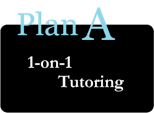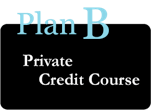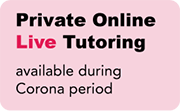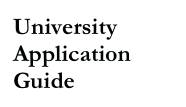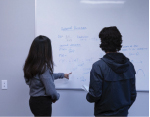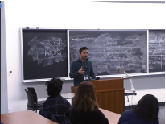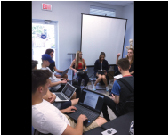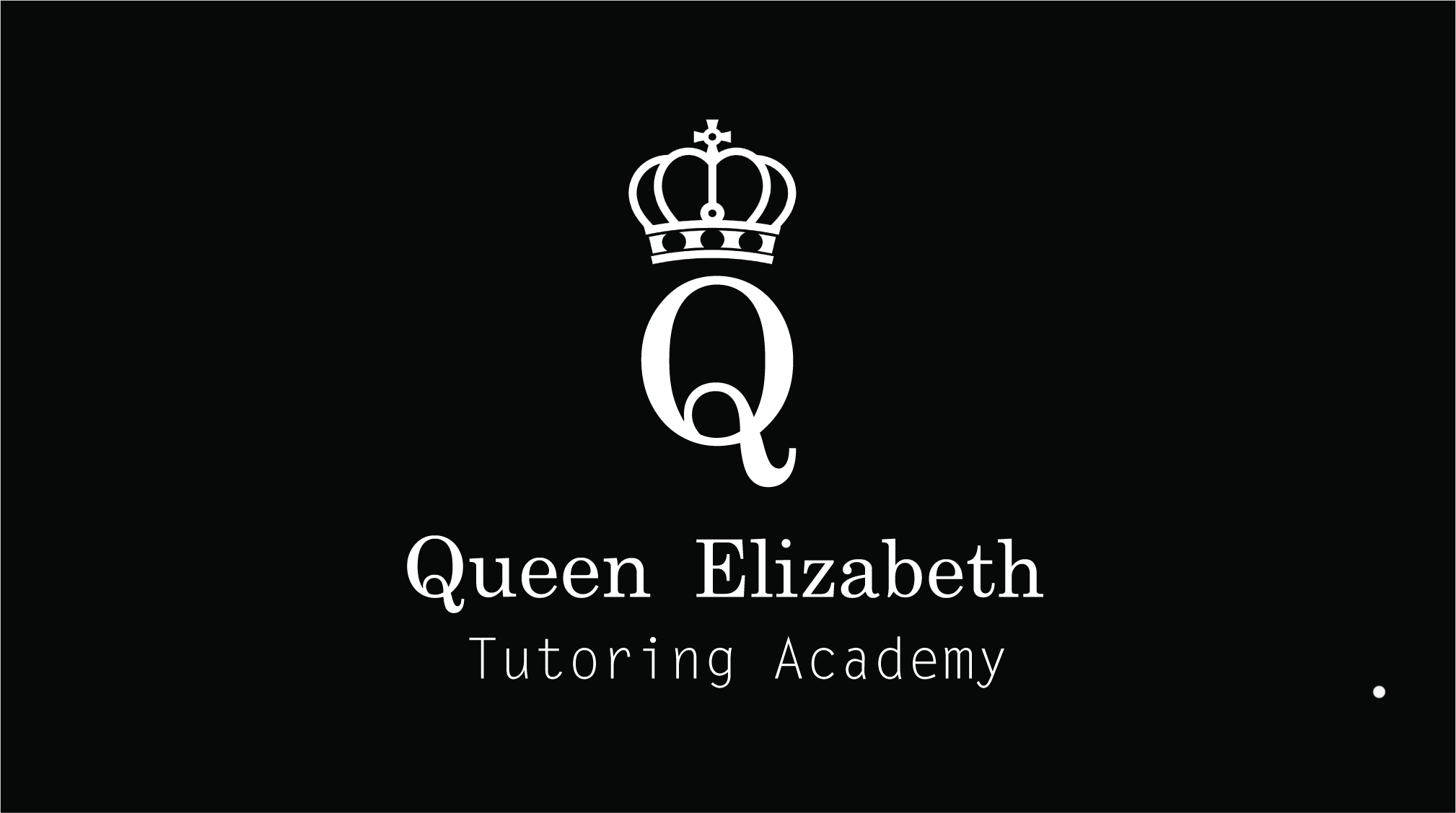
Tutoring Mississauga
Queen Elizabeth Academy has a strong tradition of providing quality education and tutoring. For more than 7 years, we have worked with 1000+ students to build on their successes step by step.
Our team of 24+ tutors are each specialized in a subject area. Our focus is to help our students to build a solid academic foundation so that they will succeed in the long run. We offer Math tutoring, Science tutoring, English tutoring, and more!
Tutoring in Mississauga, Oakville and Burlington
QEA has been providing high quality tutoring, to students in Mississauga, Oakville and Burlington for over 9 years. Our students have consistently achieved high academic standing, admitted to top universities with scholarships from $2,000 to $23,000

ACHIEVERS
Congratulations to Stephanie L., who ranked Top 15 in Canada selected by University Hub.

| Jeff R. | Queen’s Commerce |
| Paul M. | Queen’s Engineering |
| Melissa W. | Western Ivey |
| Taylor W. | Western Medical Science |
| Josh M. | OCAD |
| Miranda D. | Wilfred Laurier BBA (Co-op) |
| Colin H. | Queen’s Commerce |
| Stephanie L. | Queen’s Commerce |
| Jeremy R. | Western Ivey |
| Robbie M. | Wilfrid Laurier BBA (Co-op) |
| Eric M. | Wilfrid Laurier BBA (Co-op) |
| Jiv S. | Wilfrid Laurier BBA (Coop) |
| Vivian T. | U of T Rotman |
| Stacy L. | Western Engineering |
| Laura P. | Western Medical Science |
| David P. | U of T Rotman |
| Britney R. | Wilfred Laurier BBA (Co-op) |
| Monika S. | Western Health Science |
| Lisa V. | U of T Architecture |
| Katie F. | McGill Arts |
| Carter S. | Western Ivey |
| James B. | Wilfred Laurier BBA |
| Sydney H. | Queen’s Engineering |
| Brianna M. | Waterloo Science |
| Sam A. | Queen’s Science |
| Bill N. | Waterloo Mathematics |
| Catherine M. | McGill Engineering |
| Jennifer F. | Queen’s Commerce |
| Craig C. | Western Engineering |
| Allen T. | Queen’s Engineering |
Success of QEA alumni

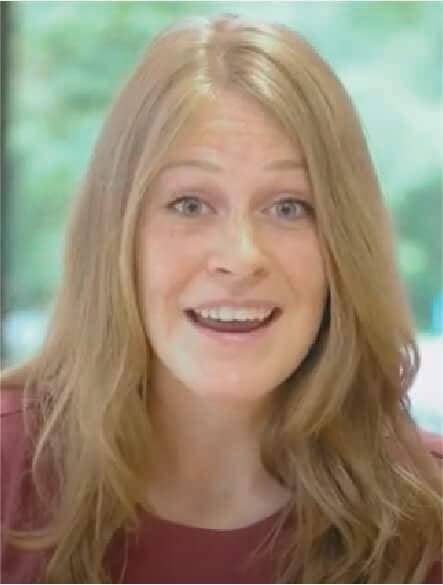
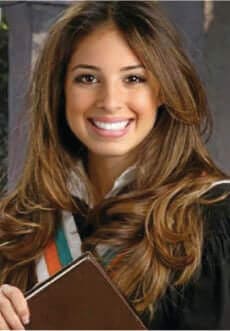
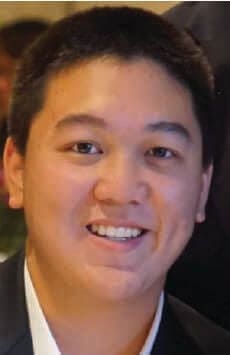
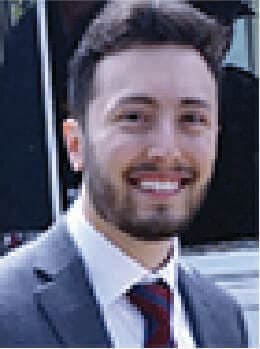

Victor is excellent at communicating with parents and students and he is also very good at listening and acting on everyones feedback. Highly recommend QEA!!read more
Students enrolled in our Mississauga, Oakville, Burlington Tutoring Programs
Math, Physics and Chemistry Tutor in Mississauga, Oakville, Burlington

Teaches: English grade 5 to 12
PhD Candidate, English literature
Writing Course Director, Guelph-Humber University

Harvard University
Queen Elizabeth Advisor
Designed Learning Strategies for our courses.

Teaches: Calculus, Advanced Functions, Physics
PhD Candidate, University of Toronto
Taught university math tutoring classes for 2+ years

Teaches: Advanced Functions
1200+ hours of tutoring experience. Specialized in making complex concepts easy to understand

Teaches: Calculus, Grade 9-12 Math
Certified Teacher, Mathematics.
6 years of university teaching experience as a TA

Queen's University, Canada
Major in chemistry
3+ years of teaching experience including university level and high school level chemistry
Join our yearly major event with nearly 100 parents and students.
In this video, you will find practical strategies by successful students who got into the top schools. You will see the typical challenges they faced and how they overcame them in order to succeed.
- What do successful students do to make them stand out in the application?
- Time Management - how to balance heavy academic and extracurriculars?
- How to plan and write the university application essay?
- How to study effectively to get higher grades?

Queen Elizabeth Academy

Western Ivey
AEO

Rotman
Business
School

Queen’s Commerce

Private Tutoring
in Mississauga, Oakville and Burlington
Math Tutoring
English Tutoring
Queen Elizabeth Academy’s Private Tutoring Program provides our students with one on one, personalized tutoring lessons that are based on a step by step, easy to understand methodology.



Physics Tutoring Oakville
Chemistry Tutoring Oakville
English tutoring Burlington,English tutoring,Chemistry tutoring Burlington,Math tutoring Burlington,tutoring service near me,math program near me,math tutor,english tutor,math tutoring,english tutoring ,tutoring service,science tutoring
Private Credit Course
in Mississauga, Oakville and Burlington
Queen Elizabeth Academy is a private tutoring school, provincially inspected by the Ministry of Education (BSID 882306).
Our tutoring success emanates from our philosophy of instruction that is easy to understand.
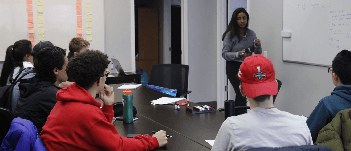



MHF4U credit
MCR3U course
Grade 10 Math Credit Course
SCH4U credit course
MCV4U course
Tutoring online
Our Approach of Tutoring
for students
in Mississauga, Oakville and Burlington
At QEA, we focus on tutoring the students and build his or her foundation and understanding. Our tutoring approach facilitates independent thinking, so that our students can analyze the questions properly. Our tutors go through math and science lessons step by step, and make sure that you have a firm foundation before they move onto more complex math and science concepts.
If you live in the Mississauga or Oakville area and are keen to improve in math, science, english, chemistry, biology, or physics, then come and meet with us today. Our private tutors are all experts in their subjects and will get you on the path to success!
at your neighbourhood
Queen Elizabeth Academy physical premise is located in Mississauga and Oakville. For the other locations we offer online live lessons.




by Harvard educated experts

by Laura C. MD Candidate.
Harvard University
Queen Elizabeth Advisor
To strengthen a student’s understanding of a concept, there are 3 key elements that we employ in our tutoring sessions:




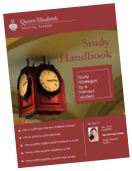

by a Harvard
Student


by Yun C.
MD-PhD Candidate.
Harvard University
Queen Elizabeth Advisor


by Victor L.
Principal
Queen Elizabeth Academy


by Victor L.
Principal
David T.
Ontario Certified Teacher
Queen Elizabeth English Teacher and Tutor


by Victor L.
Principal
Queen Elizabeth Academy


by Victor L.
Principal
Queen Elizabeth Academy
David T.
Ontario Certified Teacher
Queen Elizabeth English Teacher and Tutor
MHF4U credit course is an essential course for many students, as it is a pre-requisite course for a significant number of university programs. Students typically build on the skills they learned in the preceding grades. Some of the skills to be learned in this course include factoring, graphing, trigonometry, and exponents. It is expected that students will have varying levels of proficiency and understanding when during this course. This is because some units like polynomial functions are more straightforward than others, such as trigonometric functions and proofs.
Considering the thrills and challenges that students typically encounter when taking this course, some of them have described it as a roller coaster ride of a course.
In mathematics, foundations are always important, so it would be an excellent idea to brush up on math foundations before delving into this course. Critical areas include factoring (especially trinomial factoring), domain and range, graphing, combining rational expressions, and trigonometry ratios. If, on the other hand, you decide to brush up when the course begins, you may have a hard time staying abreast of the new material being taught. Mathematics courses usually build upon your previous knowledge, so be sure to review them.
Also, ensure to keep good, organized notes to enable you to keep a decent place as each course unit progresses. Also, be brave enough to practice new problems on your own and endeavor to go beyond those assigned in the homework. This will give you enough room to master the wide variety of concepts and questions in Advanced Functions. Ultimately, the more you expose yourself to such problems, the better prepared you will be. In light of this, the Queen Elizabeth Academy tutoring program provides all students with extra worksheets and practice tests to hone their skills for success.
There are two different sections in this course; the first is derivative or extends from work in Advanced Functions; the second other is Vectors, which, unlike the first, is totally new. Vectors are essentially similar to Physics when it comes to problem-solving.
The derivative section takes root in work done in Advanced Functions and will typically include algebra, graphing, trigonometry, and logarithms.
The vector aspect of the course includes 3D equations of lines and planes. Because of the similarity of vector problem-solving to physics, many students find this course component more complicated than the first one.
For students to succeed in Vector Calculus, they must be proficient in exponents, factoring, combining rational expressions such as fractions with algebra, and solving equations.
You want to pay special attention to the Optimization Unit, which usually includes many word problems. However, if you have trouble dealing with word problems, be sure to prepare for this unit in particular. Do not forget to keep your notes organized while you identify the different kinds of problems. This will significantly help you to clarify the concepts in the course, and to keep track of your progress
The concepts of vectors are very complex. So when approaching vector problems, be sure to layout and write down all of the steps clearly. Also, write down why such steps are necessary. For instance, what variable are you attempting to achieve with each step? This approach will undoubtedly simplify even more complicated questions and allow you to easily identify areas where you need additional help.
SCH4U credit course is one of the most challenging courses in Ontario high schools, and it's the same with Physics. As with typical chemistry problems, many of the questions are based on possible outcomes since Chemistry deals with so many diverse elements (e.g., what is the product of reacting chemical X with Y).
Many students are not familiar with this type of problem-solving strategy, so they prefer step-based or formulaic-based problems. But science students cannot escape this in the university, so they'll have to learn the skills.
The complexity of the concepts in Grade 12 Chemistry is high and may sometimes be frustrating. They include enthalpy, orbitals, equilibrium, and organic nomenclature, which most chemistry students usually find tasking.
A vital tip to remember when studying chemistry is not to allow yourself to become lost in details. There's always a ‘big picture’ concept in any given unit, so keep an eye out for that. To help you visualize these concepts, it's a good idea to organize your work into a flow chart. This strategy displays the essential concepts and how they're connected one to another. As a result, you'll be able to handle tests much better.
Always try to understand the “why” behind every concept you encounter or the reason a concept is essential instead of merely memorizing things. For example, the boiling point of an organic compound reflects the strength of the intermolecular force of attraction holding its molecules together. A good grasp of these concepts will help you adapt to situational problems in chemistry.
Physics is a pre-requisite course for those seeking to pursue engineering in the university. As expected, grade 12 Physics builds on your knowledge of grade 11 Physics, so if a student was sound in the preceding grade level, they will likely, with hard work, of course, succeed in Physics credit course.
The Grade 12 Physics University Preparation Course begins with a review of Kinematics (motion) and Dynamics (forces). This is to ensure the students have a solid start. Here, electromagnetism and Light are often the most challenging units.
In Grade 12 Physics, students are expected to excel at problem-solving techniques, particularly in manipulating equations to extract unknown variables and answers.
In this course, the workload is quite heavy and requires lots of practice to comprehend them fully. Therefore, students will need to dedicate a considerable amount of time to score above 85 percent. However, physics is an exciting course, and with the right mindset, it can be very rewarding.
Passing physics requires lots of practice, so if you desire to achieve 85% and above, it's advisable to commit up to 6 hours a week to work through new problems in the course.
In Grade 12 physics, some of the units like electromagnetism and light are conceptually difficult. Therefore, to better understand each concept, you should try first to express the problem in plain English. For instance, imagine you are explaining the concept of light to a space alien or your grandmother. How would you describe it? What is an electric field? What is Voltage? If you can comprehend and internalize the concepts, instead of merely memorizing questions, problem-solving will definitely be a lot easier and more fun too.
In preparing for Grade 12 Mathematics, students must have a solid grasp of Grade 11 Mathematics. Although, what we see is that students at this stage are often faced with the difficult choice of choosing between the Mixed level course and the Academic level course. From experience, we advise students to stick with the Grade 11 Math credit course, as it is a more flexible option. However, the challenge with most students is that the course requires a bit more work. But it also creates multiple opportunities for university programs to pick from, typically ranging from engineering to business courses. So, unless a student is absolutely sure of the path he/she wishes to take after high school, they should stick with a flexible option.
Grade 11 Math has several difficult units, including exponents, transformation, trigonometry graphing, and trigonometry identities. This is also the first time they'll encounter proofs. The simpler units include Quadratics, series, and sequences, which are mostly a review of grade 10 topics.
It's advisable to build strong foundational skills in grade 10 before taking this course. Factoring (especially trinomials), fractions (grade 8-9 level), Linear systems, and quadratics are the critical skills at this stage. Additionally, students will need a good understanding of domain and range, x and y intercepts, and asymptotes to excel in this course. It is always easier to keep pace with all lessons and course work in this course once the student has mastered the foundational skills
The thing about grade 11 questions is that they involve multiple steps. To ensure an easy flow, you must understand the logic and concept behind each step you take, and then pinpoint why you`re taking those steps. In other words, “what am I trying to solve?” Work through the steps again after you have done this. This is essentially how you demystify mathematical problems.
In SCH3U course students will be acquainted with both theoretical and technical knowledge. And they must be grounded in both areas to do well in the course. You`ll find that there are more calculations and equations in grade 11 chemistry. This means that you need a solid background in math to do well. However, chemistry in grade 11 chemistry isn`t so challenging. Besides, it's a good way to see if chemistry or sciences will be a great choice for you in the university.
In Grade 11 Chemistry, you will be presented with both theoretical and technical knowledge. And to do well in the course, you must be very good at both. There are lots of calculations to be done, but that doesn`t mean the course is particularly difficult. Perhaps, the biggest benefit here is that and the course allows you to weigh the possibility of pursuing chemistry, or science more generally, in the future.
Here`s a piece of good advice: make sure you have an understanding of Nomenclature as well as how to balance equations in grade 10 science before starting grade 11 chemistry. You really don't want to miss those two courses!
When you get to the calculations in the course, make sure to lay out all the steps one after the other. You may use a flow chart, with each box indicating your result for each step. Examples, in this case, include the values for mass of a chemical, volume of a gas, or the number of particles in a substance. This is a good way to make problem-solving much easier.
Quite frankly, SPH3U credit course can be tough, because it involves using lots of formula, which students are expected to know beforehand. Most of the concepts will be very new for many students. In most cases, problem-solving does not follow concrete steps, as in math. So students will need to know all the formulas, as well as how to manipulate different equations to achieve their desired result.
Physics questions are traditionally full of word problems, and that's another area of challenge to most students, because they'll need to understand the questions, interpret them, then extract the given variables and variations. But with practice, even this can be mastered.
Grade 11 physics is a pre-requisite for Grade 12 Physics and an important course for students who wish to pursue engineering or science in university.
To excel in grade 11 physics, you can't simply memorize the equations. For your own good, it is far better to understand the reasoning behind every concept. Be sure to visualize the situation so you can identify given variables and variations in each problem. Additionally, you want to be sure you`re applying the equations rightly, instead of blindly following steps or processes.
The complexity of physics is also seen in the use of several equations to solve a single problem. The trick is to identify what you have been given, note their places in the relevant equations, and identify the variables you weren't given in the question. Finally, use this equation or in combination with other equations to find the unknown.
Climbing up to grade 10 takes you to a higher level of difficulty compared to Grade 9. And this is especially true for students who scored 75% or lower in Grade 9. Grade 10 presents many new concepts, such as quadratics and geometry.
Two of the most common challenges in Grade 10 math include critical thinking and word problems. Therefore, students need to strengthen their foundational skills ahead of Grade 10, especially if they already have gaps in grades 8 and 9. Possible areas where these gaps exist are integers, fractions, and linear equations. Building strong foundations in these areas will help the students learn grade 11 math with ease.
In learning grade 10 math, it is better to organize problems into different types. This will help you identify those questions that give you tough times, so that you will be able to focus on them.
Also, you must be ready to commit a great deal of time - different from what the teacher has assigned to you - in solving questions on your own. Students studying math must be ready to commit up to 5 hours of work every week if they must excel in the course. Doing these will help you avoid last-minute studying before any test or exam. Essentially, accumulating your skills and knowledge regularly will help you stay on track.
Grade 9 math signals a significant departure from grade 8 math. Most times, a lot of students are taken aback at the sharp difference between the two.
Students are introduced to the four essential categories: Knowledge, Application, Thinking, and Communication. Quite noticeably, many of them are usually not accustomed to this marking scheme.
By and large, grade 9 math is more of a word problem than other middle school courses. Consequently, the students will need to develop strong skills here, and quickly too, if they must do well. We see lots of students give up here, thinking that they will never do well in math. Whereas everyone who puts in the necessary work will do excellently well in math.
To excel in grade 9 maths, you must try to create a regular work schedule and maintain it - more like a study time-table. Ideally, you must be able to spend a minimum of 4 hours every week to master your math course. The only way to master math is by constant practice, so you need to create a steady work schedule.
Finally, do not forget to spend enough time addressing your word problems, because you can't avoid them. In fact, if you can grasp the concept now, the rest of high school will be a jolly ride for you.
